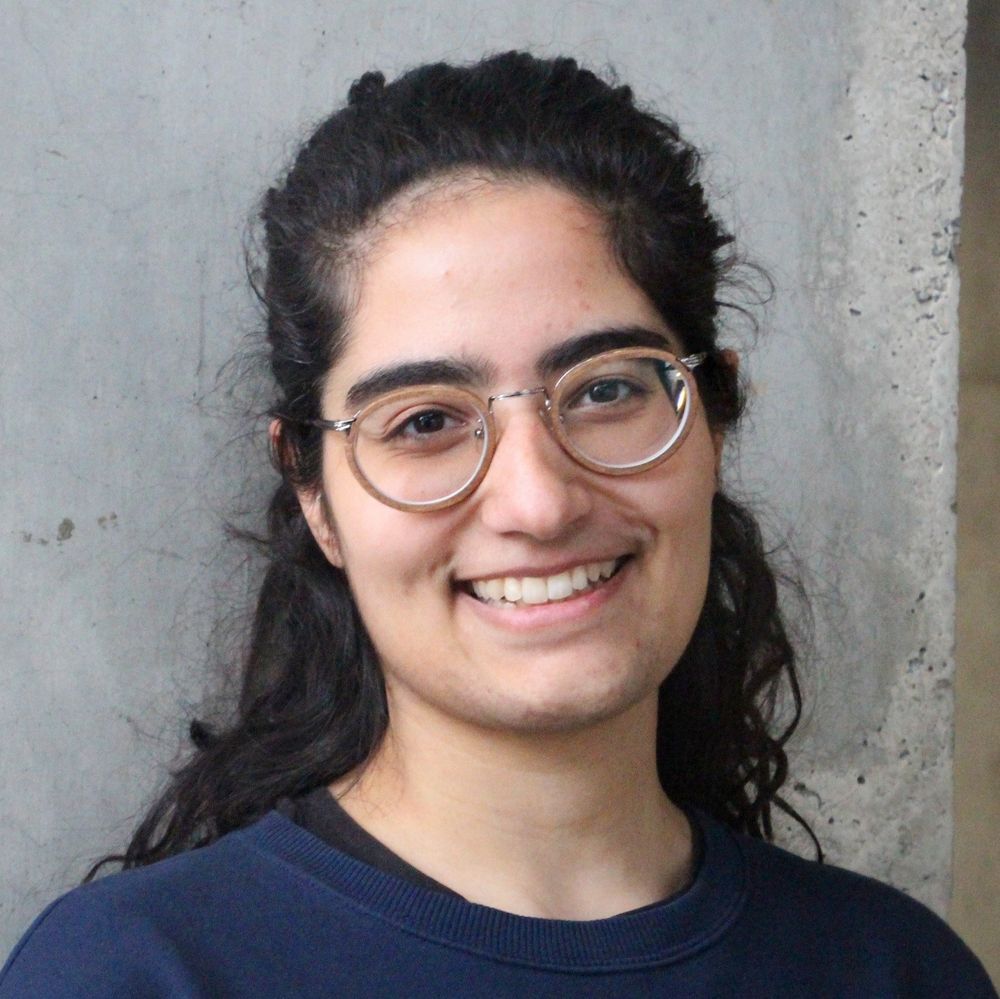
www.cell.com/current-biol...

www.biorxiv.org/content/10.1...

www.biorxiv.org/content/10.1...
onlinelibrary.wiley.com/doi/full/10....
onlinelibrary.wiley.com/doi/full/10....
Cynthia Tarlao
tinyurl.com/yc6dw434
Ségolène M. R. Guérin
tinyurl.com/5n6p9nmz
Aytac Karabay
tinyurl.com/562arfjz


Cynthia Tarlao
tinyurl.com/yc6dw434
Ségolène M. R. Guérin
tinyurl.com/5n6p9nmz
Aytac Karabay
tinyurl.com/562arfjz

@mijowolff, @veera_ruusk & @elkanakyurek. Ever wondered how a task-irrelevant impulse reveals active/silent WM representations? This preprint has the answer! 1/6

@mijowolff, @veera_ruusk & @elkanakyurek. Ever wondered how a task-irrelevant impulse reveals active/silent WM representations? This preprint has the answer! 1/6
www.biorxiv.org/content/10.1...
#neuroscience
www.biorxiv.org/content/10.1...
#neuroscience

